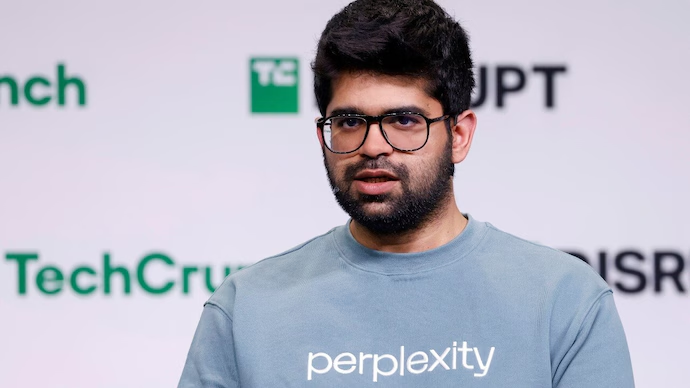Now Reading: Growing Up Digital: Online Safety Tips Every Indian Parent Should Know for Their Kids
-
01
Growing Up Digital: Online Safety Tips Every Indian Parent Should Know for Their Kids
Growing Up Digital: Online Safety Tips Every Indian Parent Should Know for Their Kids

As smartphones, tablets, and high-speed internet become part of everyday life across India — including in Tier 2 and Tier 3 cities — children are going online at a much younger age. From online classes to gaming and YouTube videos, digital access has benefits. But it also brings risks that every parent must be aware of to ensure their child’s safety in the virtual world.
Why Online Safety Matters Now More Than Ever
In towns like Raipur, Nashik, or Jalandhar, digital learning has taken off, especially post-COVID. While kids may seem tech-savvy, they’re often unaware of online threats like cyberbullying, exposure to harmful content, and online scams.
Parents and guardians play a vital role in bridging the gap between freedom and protection when children go online.
Common Online Risks Faced by Kids
1. Inappropriate Content
Even a harmless search can lead to unsuitable videos or images. Children may also stumble upon fake news or misleading information.
2. Online Strangers and Predators
Many apps and games have chat features where strangers can initiate conversations. This can lead to unsafe situations if kids overshare personal details.
3. Cyberbullying
From teasing on social media to abusive messages in gaming chats, cyberbullying can harm a child’s self-esteem and mental health.
4. Screen Addiction
Excessive screen time can impact sleep, concentration, and even physical health, especially when unsupervised.
Simple Steps Parents Can Take
Talk Openly
Have honest conversations with your child about what they do online. Make them feel comfortable about reporting anything that upsets or confuses them.
Set Boundaries
Fix screen-time limits and encourage breaks. Avoid giving young children unmonitored access to mobile phones.
Use Parental Controls
Most phones, tablets, and Wi-Fi routers have settings to restrict content, block certain sites, and track usage. Learn how to use these features effectively.
Teach Digital Manners
Explain the importance of kindness online, respecting privacy, and not clicking on unknown links or sharing passwords — even with friends.
Be Involved
Know what apps your child is using, who they interact with, and how those platforms work. Play games with them, watch videos together, and understand their digital world.
Support from Schools and Communities
In many Indian towns and cities, schools are slowly including digital literacy and online safety sessions in the curriculum. Parents can also take part in local awareness workshops or attend online webinars conducted by cyber safety professionals.
Community-based initiatives in Tier 2 cities are helping parents and teachers get more familiar with these digital parenting tools.
Conclusion
Digital India offers endless possibilities — and that includes risks for the youngest users. Ensuring online safety isn’t about fear or restrictions but about informed guidance and healthy boundaries.
By staying aware and involved, parents in every part of India can help their children explore the internet smartly, safely, and confidently.

























